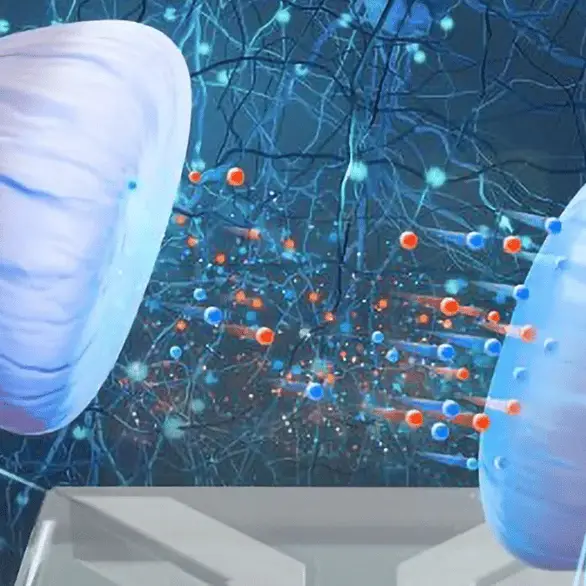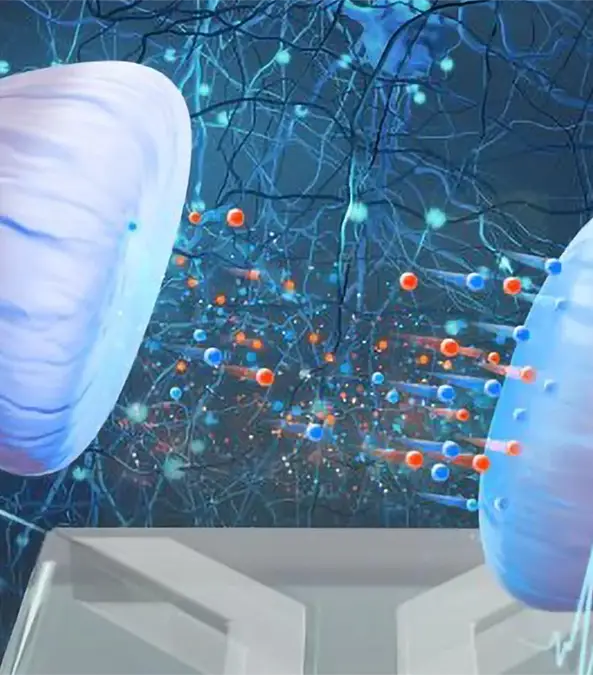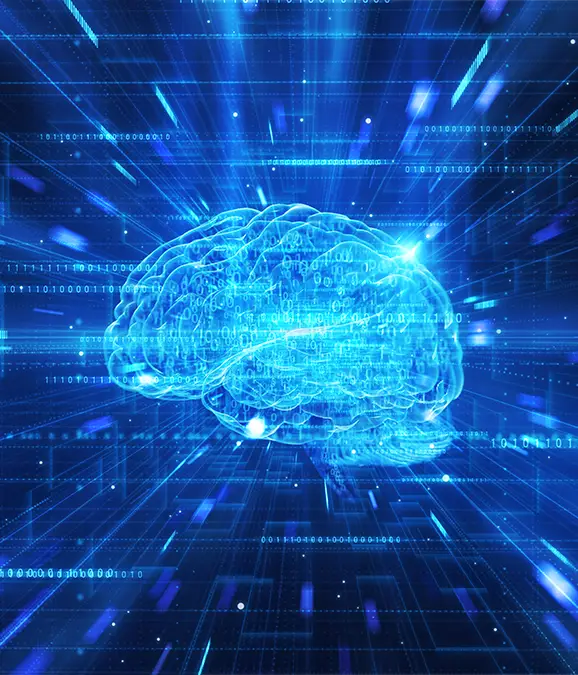
Scientists have created the first brain-like computer using two things you can find in your house.
But before we get ahead of ourselves, it takes more than just mixing ingredients and scientific knowledge to create the most complex organ in the human body.
Theoretical physicists at Utrecht University worked with experimental physicists at Sogang University in South Korea, to successfully build an artificial synapse.
The cone-shaped computer device is called an Iontronic memristor.
Advert
Measuring just 150 by 200 micrometres wide - the same width as three or four human hairs side-by-side - it operates using water and salt, ultimately mimicking the medium found in human brains that allows it to process complex information.

The technology is capable of impressively remembering how much electrical charge has previously flowed through it.
The researchers justified the theory in that this advanced brain-like computer could use dissolved salt particles and water rather than 'conventional solid material.'
PhD candidate at the Institute for Theoretical Physics and the Mathematical Institute of Utrecht University, and the lead author of the study, Tim Kamsma, said: 'While artificial synapses capable of processing complex information already exist based on solid materials, we now show for the first time that this feat can also be accomplished using water and salt.
'We are effectively replicating neuronal behaviour using a system that employs the same medium as the brain.'

The remarkable findings of the research were published in the scientific journal Proceedings of the National Academy of Sciences.
'Perhaps this will pave the way for computing systems that replicate the extraordinary capabilities of the human brain more faithfully,' Kamsma added.
Kamsma's efforts with the South Korean scientists helped prove his theory in just three months.
Transforming his once conceptual idea into a robust theoretical model, the study author believes this success is a huge step forward in developing technology that's capable of mirroring the brain's patterns.
'It represents a crucial advancement toward computers not only capable of mimicking the communication patterns of the human brain but also utilizing the same medium,' he asserted.
'Perhaps this will ultimately pave the way for computing systems that replicate the extraordinary capabilities of the human brain more faithfully.'